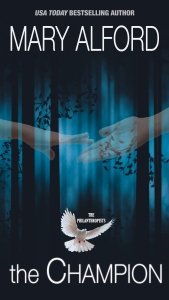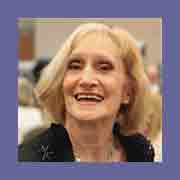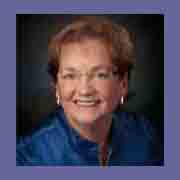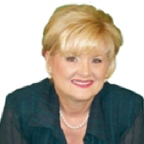In 1818, Mary Shelley published a novel titled Frankenstein. The plot concerns a scientist named Victor Frankenstein who constructed a creature out of material from dead humans and animals and animated it by applying electricity. This creature, called a “monster,” was rejected by human society because of its ugly appearance and, as a result, went on a killing spree, murdering several people. The story is perhaps best known today through its retelling in numerous movies.
Among many other layers of interpretation, the story is perhaps a cautionary tale on the limits of modern science and medicine. Just because something can be done, it does not necessarily mean it should be done.
My daughter, who has an interest in such things, recently commented that she thought it was the scientist, Dr. Frankenstein, not the creature he made, who was the real monster. The monster had no control over its own creation and design, but the scientist was fully rational and fully in control of what he did. If it were not for the actions of Dr. Frankenstein, there would have been no monster.
I think my daughter is on to something.
Take, for example, the novel Strange Case of Dr. Jekyll and Mr. Hyde published by Robert Louis Stevenson in 1886. The story concerns a doctor named Henry Jekyll who found a way to transform himself into Edward Hyde, who could indulge in various unnamed vices without Jekyll being blamed for them. Hyde was evil and self-indulgent and, besides other vices, was guilty of assault and murder. By my daughter’s theory, it is Dr. Jekyll who was the real villain and monster. Hyde had no control, but Jekyll deliberately transformed himself into Hyde so that he could engage in vices. He chose to be evil.
I think this idea has applications beyond literature.
The alcoholic who becomes violent and who drives while intoxicated inflicts severe damage on his family and other victims. But he might be less evil than the respected businessman who became wealthy from selling him the alcohol.
The drug addict ruins his own life and often the lives of those who love him. But he is less evil than the drug dealer who cynically imported and sold the drugs, knowing the effect they would have.
The compulsive gambler squanders the money his family needs for food, clothing, and shelter. But he might be less evil than the people who run the casinos and government lotteries, the people who made the calculated decision to set up a system to transfer his family’s income to their own coffers.
The pornography addict might be less evil than those who produce and distribute the pornography.
When we wrap ourselves in cloaks of righteousness, claiming to run “legitimate” operations, justice demands that we also consider the impact we have on other people. The Old Testament prophets repeatedly condemned the leaders of Israel who filled Jerusalem with blood while confidently basking in their own righteousness: “See how each of the princes of Israel who are in you uses his power to shed blood. In you they have treated father and mother with contempt; in you they have oppressed the foreigner and mistreated the fatherless and the widow.…In you are people who accept bribes to shed blood; you take interest and make a profit from the poor. You extort unjust gain from your neighbors. And you have forgotten me” (Ezekiel 22:6-12 NIV). God declared in Jeremiah 4:26-29: “Among my people are the wicked who lie in wait like men who snare birds and like those who set traps to catch people. Like cages full of birds, their houses are full of deceit; they have become rich and powerful and have grown fat and sleek. Their evil deeds have no limit; they do not seek justice. They do not promote the case of the fatherless; they do not defend the just cause of the poor. Should I not punish them for this?” Jesus said to Pilate as he was about to crucify Him, “The one who handed me over to you is guilty of a greater sin” (John 19:11).
































































Excellent post, James. Great truth here. Thank you.
LikeLike